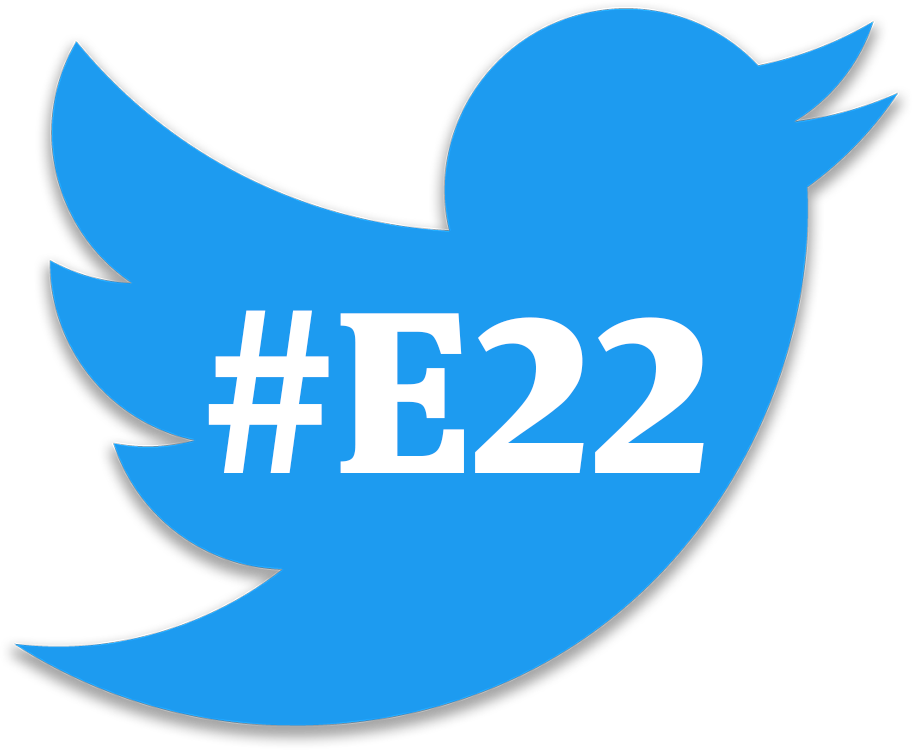Unit 3: Do the Interests of Others Matter?

Photo: Justin Lubin / NBC.
Some of you may not be impressed by Psychological Egoism: it is obvious that people behave altruistically. However, there are egoists that make the striking assertion that you should never sacrifice your interests for others. Instead, you should exercise your freedom and focus on achieving your own values and interests, whatever those may be. This module explores this idea of an Ethical Egoism.
This module has 3 learning outcomes. At its end, you will be able to…
- Explain the elements of Ayn Rand’s theory of Ethical Egoism,
- Analyze the soundness of her argument justifying Ethical Egoism, and
- Summarize the fundamental challenge James Rachels and Stuart Rachels present for all forms of Ethical Egoism.
Read & Annotate This:
|
Ethical Egoism 
|
Context
Recall that Psychological Egoism is a theory of human motivation claiming that a person primarily acts according to prudence, that is, according to considerations seen as promoting that person’s own interests.
Contrary to this theory, Russian-American writer Ayn Rand believes that people often do act self-destructively through imprudent decision making. However, she defends a different form of egoism.
Ethical Egoism is a theory of morality claiming that a person should always act according to prudence and never altruistically sacrifice their interests for those of another. Like Psychological Egoism, this comes in strong or weak forms:
- Strong Ethical Egoism claims that a person, and that person alone, determines their own interests and they cannot ever be wrong about those interests.
- Weak Ethical Egoism claims a person must distinguish their true interests from their apparent interests; you should do what you want, but you may be wrong about it.
Unlike Psychological Egoism, Ethical Egoism is a normative theory about moral behavior. Ethical Egoism tells us how people should behave.
The reading from James Rachels and Stuart Rachels (2018) identifies some problems with strong versions of Ethical Egoisms, like Ayn Rand’s. While Rachels and Rachels may respect it as a theory worthy of serious consideration, they ultimately reject Ethical Egoism as significantly flawed.
While the Rachels and Rachels provide a quick summary of Rand’s argument, you might be curious to see it for yourself. So I have included (in the optional “Curious for More?” section below) an excerpt from Rand’s novel, Atlas Shrugged (1957). In this speech (spoken by the character John Galt), Rand defends a very strong theory of Ethical Egoism. In particular, she argues that only your own happiness should ever matter to you. Furthermore, it maintains that it is absolutely wrong for you to sacrifice your happiness for other people. Only a fool or a “sucker” would make such a sacrifice; and only “parasites” and “moochers” would expect you to make it.
While Rachels and Rachels may not endorse Rand’s argument, it continues to be extremely influential amongst certain groups of business leaders and politicians.
Reading Questions
As you read, keep these questions in mind:
- Rachels and Rachels present three arguments (including Ayn Rand’s) in favor of ethical egoism. What faults do they find with each of these arguments?
- What argument do Rachels and Rachels give that they believe “may refute Ethical Egoism” (2018, p. 79)?
Although I strongly suggest that you write out brief answers to these questions, you do not have to turn in written responses. You do, however, need to be prepared to answer questions like these on module quizzes and the unit exams.
References
Rachels, J., & Rachels, S. (2018). Ethical egoism. In The elements of moral philosophy (9th ed., pp. 66–83). McGraw-Hill.
Rand, A. (1957). Atlas shrugged. Random House.
Watch This:
|
Video 1 
|
Video 2 
|
|
Video 3 
|
Video 4 
|
|
Video 5 
|
Video 6 
|
|
Video 7 
|
Do This:
|
Module 12 Quiz 
Due: October 8 |
Tweets for the Week 
Due: October 8 |
Midterm Course Review 
Due: October 8 |
Curious for More? (Optional)
|
Atlas Shrugged 
|


